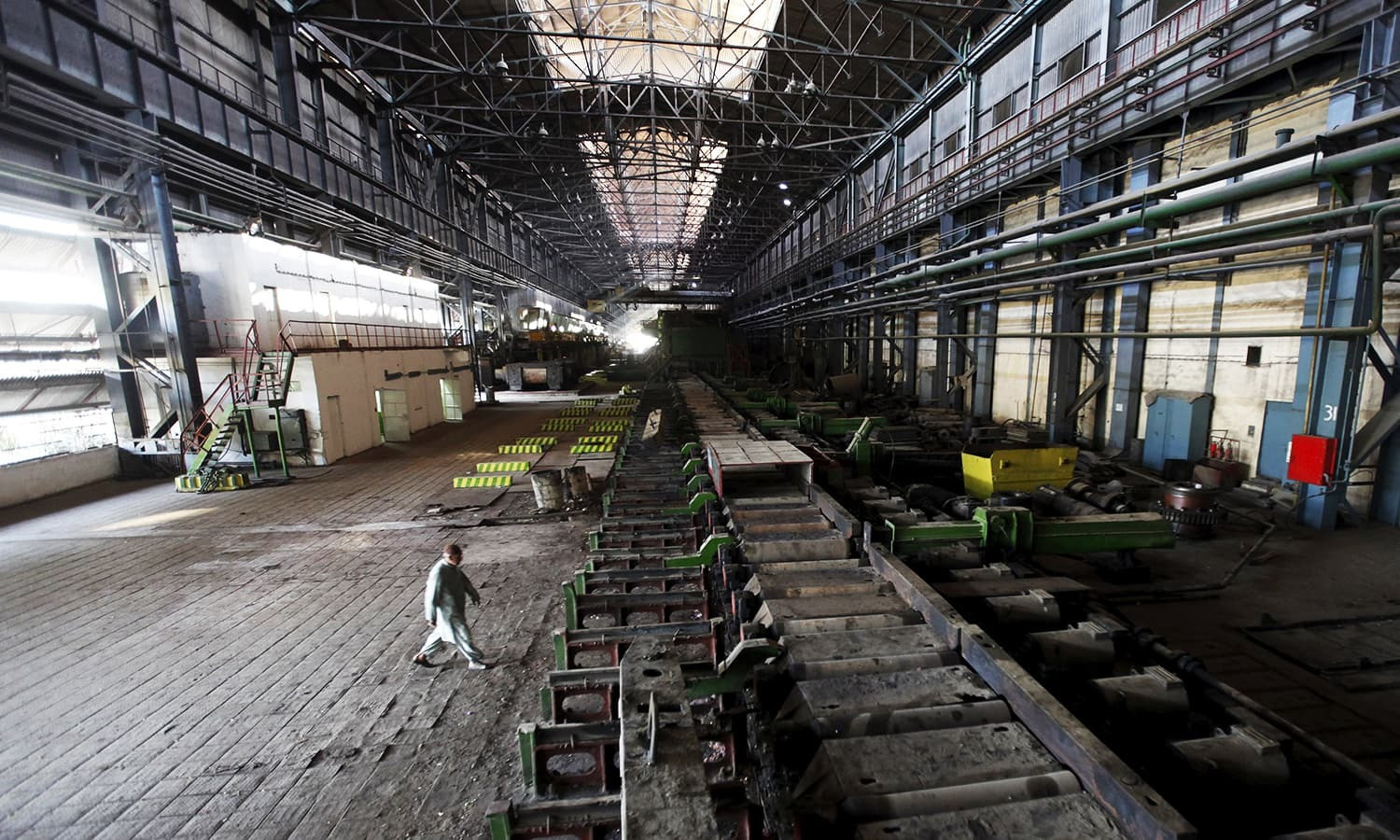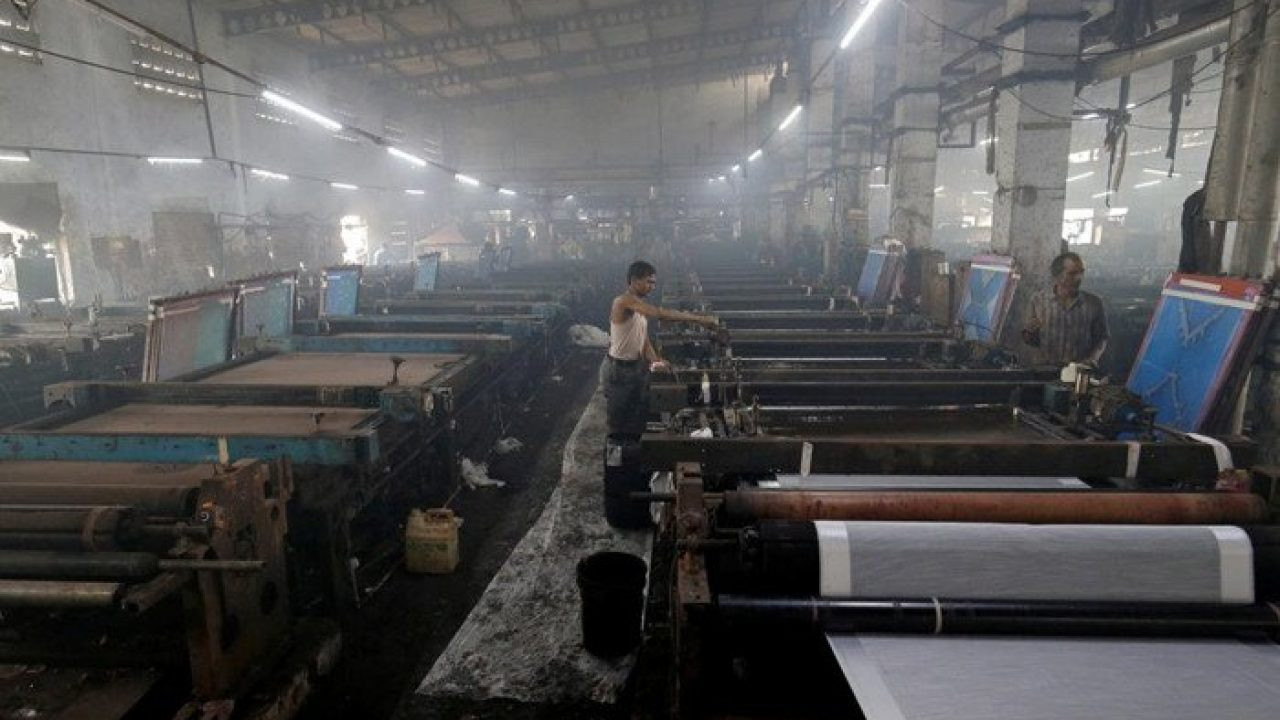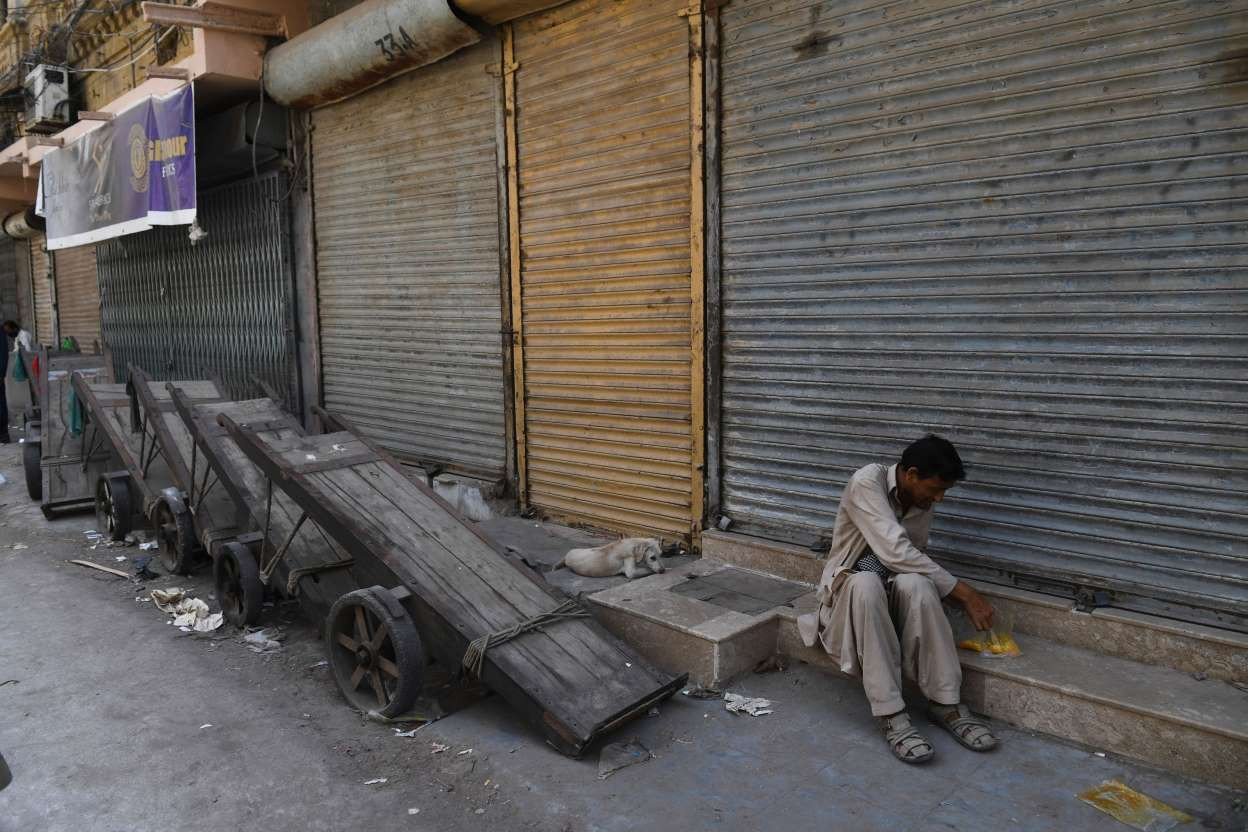The core inflation rate in Pakistan is 17.1% in the urban and 21.5% in the rural basket, while the national CPI inflation rate has risen to 31.5 percent year on year. These alarming February 2023 numbers from the State Bank’s Monetary Policy Committee have had a drastic, critical and sometimes even tragic impact on the middle-class, salaried segment of the population.
On the other hand, Pakistan’s suicide death rate in 2019 was 8.9 percent, as per the World Bank. That means 56 deaths per day or more than 20,000 deaths annually. The above inflation numbers have only made the situation worse.
The country has been in financial turmoil since the government changed last year. In May 2022, the price of petrol increased, the dollar rate shot up and the rupee began its fall. Prices have increased, but salaries remain unrevised. Many companies have shut down manufacturing and laid off lower-middle class workers.
The brunt of being joblessness, poverty, and financial burden is borne by people such as Azhar and Saleem. In two tragic incidents of suicide, 40-year-old Azhar and his wife recently poisoned themselves and their two minor daughters. A couple of weeks ago, Saleem tied his daughter to himself and jumped into the 150ft-deep Abu Zehbi canal in Muzaffargarh.
The tale of Azhar’s tragedy
Azhar, the 40-year-old father of two daughters, three and half year-old Umm-e-Hani and two-year old Umm-e-Roman, lost his job as a garment store salesman. “He was jobless for one and a half year,” says his brother Zafar. “He dropped CVs everywhere he could, asked people for work, but nothing worked out. To manage expenses he took loans from friends, family, and even neighbours. Other than loans to pay off, his rent was also piling up.”
Azhar took this extreme step after discussing it with his wife. They consumed poison after giving it to their daughters. Then he called Zafar to inform him. “I live just 10 minutes away so I rushed them to hospital,” shares Zafar, a factory worker who helped his younger brother as much as he could in the last one year. “Unfortunately the younger one died, while both parents and Umm-e-Hani were in critical condition.”
Azhar lived in a two-room rented house with a cupboard, a bed, and a few broken chairs. “His landlord had asked him to vacate because Azhar hadn’t paid rent for a year,” says Zafar. “The landlord wasn’t wrong because he also needs money to run his house.”
Who knows what trauma the couple went through and what they must have discussed with each other before taking the drastic step of poisoning their children, but it is clear that they had lost all hope as the financial burden increased with each passing day. People had stopped taking their calls as everyone thought they would ask for more money. “It is even difficult to understand what they are going through now that they are alive and their youngest child gone,” says a tearful Zafar, his voice choked with emotion.

How Azhar’s nightmare began
Since 2020, Azhar was in a financial crunch, but managed to save some money. With three partners, he set up a small business of breeding chakor or pheasants. “We would buy eggs from Iran, incubate them and sell a month-old chick for Rs1000-1200, and a three-month-old bird for Rs2200-2500,” says Azhar.
Up until November 2021, his business and job worked well for him, but then he had an accident. “My crisis began when a car hit me from behind when I was on my motorbike,” he says. “My knees were damaged and I was unable to stand or walk for long. The doctors suggested a six-month rest to avoid pressure on my knees and I became bedridden. But I started walking in three months, because I had to go to work to feed my family.”
His medical condition improved, but the daily expense of his medicines and milk for his daughters cost him Rs1500-2000 a day. “I did all kinds of odd jobs to bring some money home, applied to dozens of companies, and even tried daily-wage work, but nothing helped,” says Azhar. “Then I started asking people for help and that escalated fast. I still have to pay around Rs700k to several people.”
Frustrated with his finances, he and his wife opted to kill themselves. “No one wants to do that,” he says. “But we were tired of asking people for money and the loan was getting bigger. So I thought that it was better to end the suffering once and for all. I didn’t want to leave behind my wife and children in misery, but destiny had other plans, and now we have to live with the guilt of our daughter’s death.”
It is not possible for Azhar to pay off the amount that he owes, but with a basic salary and a little help in setting up a small business, he could pay off his loan in installments. “I had just wanted to put food on the table for my daughters,” he says. “But my problems are still there waiting for me to get out of the hospital.”
Tough to make ends meet
The story of Azhar and his family is an extreme case, but it is not untrue that people are suffering in their daily lives for basics. One such story is of Ayesha* who completed her Masters in social sciences from a reputed university and started looking for work. The second among three siblings, Ayesha couldn’t find a job that matched her degree, so after a year of job search she opted to work as a salesgirl at a clothing brand. “My elder sister was earning, but she got married,” she says. “When my father became ill and bedridden, I had to get a job.”
Given the situation the country is in, after every few months branded stores lay off their employees. If the brand is not making enough money, they hire fresh recruits on lower salaries and older employees are laid off with increased work burden for the remaining few. “For the last six years, I have been shifting from one brand to another, sometimes for merely Rs1000 increment in salary,” says Ayesha. “Presently, Rs1000 can get us basic meals for a week so it’s worth it.”
In the last few years, there have been many instances of workers being exploited by companies that are making money, but they don’t want to pay their workers accordingly, which eventually leads to unemployment or workers living below the poverty line. “I work an eight-hour shift with a 30-minute break for Rs15000,” says Ayesha with anger in her eyes. “All these minimum-wage speeches sound great, but at the end of the day we have to earn to provide food and if I don’t do this job then I lose Rs15000 as well.”
The recent increase in prices has made her hand-to-mouth situation worse as she has an old mother and sick father at home. “Unfortunately, I had to ask for monetary help from my friends or classmates from university, because I had no option left,” says Ayesha, sadly. “It is embarrassing to tell people how miserable my situation is. People prefer suicide to living in this situation because for hardworking, self-made people who want a better life, asking someone for money is worse than committing suicide. At times I also think about suicide options, but then I think that my parents have no one else except me to take care of them and that keeps me going.”
Azhar attempted suicide but survived, and now has to face the world again where religious beliefs condemn suicide and he still owes people money. “Many relatives, neighbours and friends whom he owes money to are being considerate right now,” says Zafar. “After all, it was only yesterday that we buried his little girl, while her parents and sister were still hospitalised. But sooner or later they will ask for their money. The situation for Azhar has worsened because he has lost his child, and people cannot really trust whatever step he takes now.”

Minimum wage lip-service
Where the country stands in terms of finances and is on the verge of default, even earning a minimum wage cannot help a person earn enough for a family. “When I started to earn Rs15000, it was hardly enough, and now even Rs25000 is not enough to feed three people,” says Ayesha, adding that the government has announced minimum wage or equal pay. “But what about implementation? If one is sick, just the medicines cost Rs8000 a month. Needy people like me are exploited.”
The psychological aspect
When inflation or financial aspects lead people to take an extreme step in their lives such as committing suicide, or poisoning their children or drowning them in a river, usually there is a powerful background story that reaches the tragic finale. “There are many factors as to why a human mind thinks of ending not just one’s own life, but also of the spouse and children,” says psychologist Syed Masooma Zehra. “In the last few years, the connection to the family system has vanished, and now people do not have the closeness, support and help that they used to get from immediate family.”
Relations within a family have drifted apart which is why most families that face a financial crunch have no one to help them. “When people like Azhar lose their jobs and have no one to help them they go to peers,” she explains. “When they also can’t help in long term situations, the helplessness leads to disappointment. After trying out every possibility, if they fail to provide food to his/her children, their mental state deteriorates. The lack of education and exposure also influences their life decisions and they think that ending their life is the only solution to end their miseries.
In a supportive, close-knit family if someone earns less, help can come from other family members. Since the last two decades, the support system has changed. Previously families would help each other for a better future, but now everyone is busy and occupied and no one even visits a first cousin or a sibling without prior notice. Loneliness and the fear of isolation are what leads people to feel alone and helpless and they think of suicide. They feel that no one is there for their children after they die, so they also try to kill their children while committing suicide themselves.”

What is wrong with the economy?
Our annual federal government budget is more than Rs9.5 trillion including Rs1,523 billion for defense. “There are two basic things wrong with our economy, budget deficit and trade deficit,” says Dr Kaiser Bengali, an economist “The Azhar incident is very painful and one just has to be a human to feel his pain, not an economist.”
Hunger games
On Friday, March 31, 11 people died and several others were injured in a stampede inside the premises of a factory at the Naurus intersection in Karachi’s SITE area, the latest incident in which people lost their lives at a free ration distribution camp. Not long ago, four people died in January in Punjab after a stampede for free flour. In February, a man died of a heart attack while he stood in a queue for free flour distributed by the government before Ramazan.
Dr Bengali elaborated that in the last 40 years of his work experience, this is the first time in Karachi and Lahore that there have been cases of hunger. It has never happened previously and the situation is getting worse. “People are losing their jobs right, left and centre, companies are shutting down fast,” he says. “People who used to earn Rs100k or Rs300k are jobless. They have cars but no money to put fuel in them, and all this is happening around us.”
The country is going through a difficult time. People feel helpless and vulnerable. Other than food to buy, the cost of utilities and drinking water is also high. “The current situation will get worse, more businesses will shut down,” warns Dr Bengali. “This will lead to a short supply of consumer goods which will further burden the common man.”
Government budgets need a trim
To control the budget and trade deficit, he points out, government expenditure should be cut. If the government is spending twice its revenue, that is a problem and defense budget should also be slashed. “Other than that, our import exceeds our exports and to fill that void we take loans. That is where our burden begins,” he says, adding that since 2001, the Social Policy and Development Centre has been publishing reports on how to make a way out of this problem and how to cut deficits, but in vain.
Discussing several aspects that can help sustain the economy, Dr Bengali pointed out that since the inception of this country, several automobile companies are importing parts to assemble cars which is a huge investment. “These assembling companies should be shut down until they can manufacture cars here,” he says. “25% of the imports are from POL. Gasoline consumption should be regulated and to control fuel consumption and carbon footprint, an allowance of 150 litre per month should be fixed for each non-commercial vehicle.”
Dr Bengali doesn’t see things getting any better in 2023, because all variables are interlinked to the economy and nothing is moving towards betterment. “About 15-20 federal departments that have no functional work should be closed down,” he says. “When government expenditure reduces, the inflation pressure will also lessen.” Is anyone listening?
